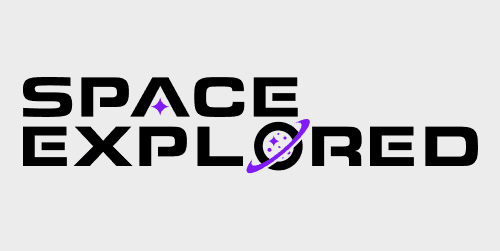
In 2019, SpaceX launched its first batch of 60 Starlink satellites. Since then, there have been two sides of the mega constellation debate: those that support and fear them. While I wish I could answer which of those sides is correct, I can only provide the latter more to worry about because China is entering stage right.
China’s 13,000 satellites constellation
Later this year, China hopes to launch satellites for its low Earth orbit broadband constellation, Guowang. Similar to SpaceX’s Starlink, the constellation will be able to provide an internet connection to any on the planet’s surface with a ground transceiver. The constellation will operate up to 12,992 satellites in orbits between 500 and 1,145 km at 30 to 85 degrees inclinations. This could allow the nation to provide its service worldwide, including the poles.
China, the nation that considers its space program a state secret, would be a concerning entry into the mega constellation scene. The sector is already under scrutiny for its effect on astronomy observations and those concerned about overcrowded orbits. But, to me, the most concerning part of this is how well will China work with other providers in case of on-orbit conjunctions (the fancy name for close passes).
SpaceX has already gotten a name for itself in the industry for not being very helpful and relying on its automated mitigation system to make the orbit maneuvers. Will China also not be very communicative? One is terrible, but two operators of tens of thousands of satellites could cause major issues for those who operate satellites in similar orbits.
While the constellation will be a state-owned and operated entity (at least that’s what it sounds like for now), it could take advantage of the growing commercial sector in the country. For example, China already has several companies that can manufacture or launch these satellites.
Oh, did I mention the current rocket to deploy these satellites is the Long March 5B? That’s the rocket that had its second stage make several high-profile uncontrolled reentries back to Earth. While still not as big of a concern as many national news services made it be, more of that is never good.
How will this affect the US constellations …on Earth
A big concern of some US companies that also plan to deploy LEO internet constellation is the fear of being pushed out of markets close to China. While China’s focus on this network would be to provide internet connection across its large country, it could also be a great tool to spread its influence over other nations.
While the TikTok banning discussion makes it clear we won’t see this service available in the United States. However, possible Chinese-subsidized internet service across Africa, Asia, and Europe could bring a lot of nations in those areas closer to them in this now more apparent power struggle between the United States and China.
…and in space (the real scary part)
The LEO constellation market is still very new. There is only one completed constellation, OneWeb, and two significant providers of broadband connections, again OneWeb and Starlink. However, there are many other players in the space. Earth observation is another example. There’s Planet, BlackSky, Capella, and more that are providing real-time images and other geospatial data for those that buy it. Finally, don’t forget about military use cases; we’re currently waiting on the launch of SpaceX’s first satellites for the Space Development Agency’s early warning constellation,
What I’m saying is LEO is already a crowded space, and it isn’t getting any less so. Concerns about China’s 13,000 satellite constellation being a pain for every operator to coexist with is accurate. You can never rule out China using this constellation to disrupt other providers purposely. I don’t want to sound fear-mongering, but if there was ever a time to create an international organization (with actual teeth) to oversee these operations, now is probably the time.
FTC: We use income earning auto affiliate links. More.




Comments